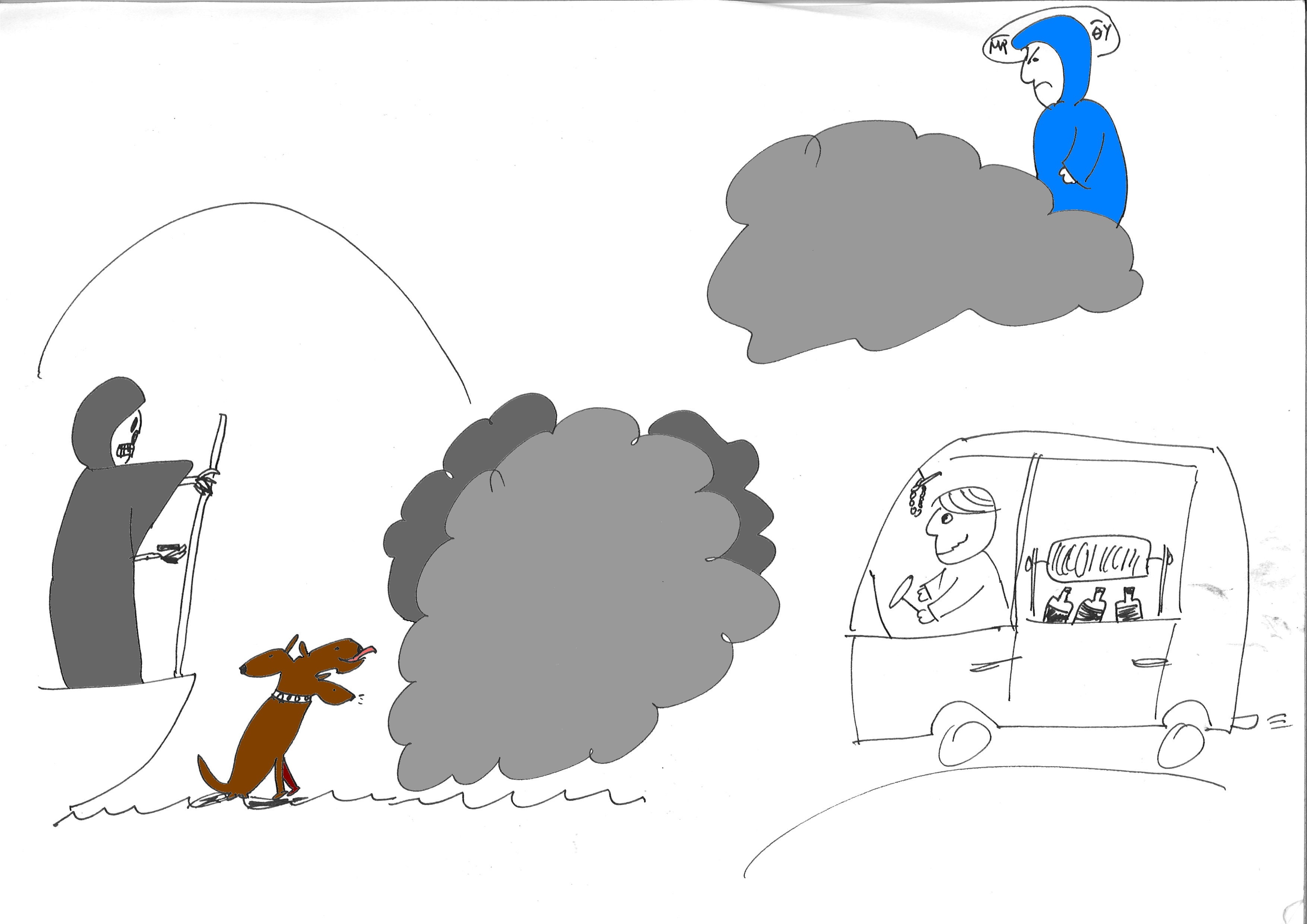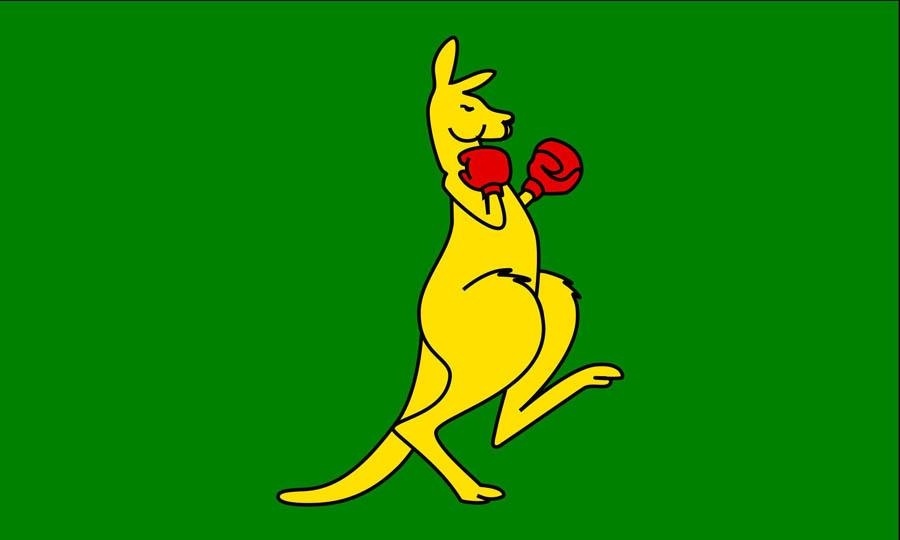… I come into this knowing only an outline of Byzantine History, and Wikipedia. But, to focus on what the question details say:
- Constantinople fell to the Crusaders in 1203/1204, to the Niceans in 1261, and to the Ottomans in 1453.
- The Siege of Constantinople (717–718) by the Arabs was unsuccessful.
- The Siege of Constantinople was planned to take advantage of the Twenty Years’ Anarchy, when one Byzantine Emperor was deposing another.
- Leo III the Isaurian seized power five months before the siege began, in March 717.
- Leo III also introduced Byzantine Iconoclasm as official policy (nine years later), which threw the Empire into religious strife for the next century.
I think what you’re asking, Dimitris (and it is usually hard to make out) is whether Leo III’s ascent to the throne was a kind of “taking over” of Constantinople, like 1204, 1261, and 1453?
Iconoclasm, Wikipedia says, was a long time coming: it wasn’t an idea that just popped into Leo III’s head in 726. (The Byzantine historians say that it did, in response to a tsunami he read as divine disapproval of icons. But our historians know that’s not how history works.) So there were rabble outside Constantinople’s city walls that wanted an iconoclast in the palace. And most of them would have been on the borders with the Caliphate, since iconoclasm may have been inspired by the aniconic preference of Islam.
But Leo III took over in 717 as just another usurper. He didn’t take over with a ten-year plan to reform Orthodoxy. If I had a denarius for every time a usurper took power in Constantinople (let alone Rome), I would have a whole bunch of denarii. The fact that Leo III had iconoclast supporters doesn’t mean Constantinople fell to the iconoclasts, any more than Julian’s ascent meant that Constantinople fell to the pagans. They were just another faction internal to Byzantium.

